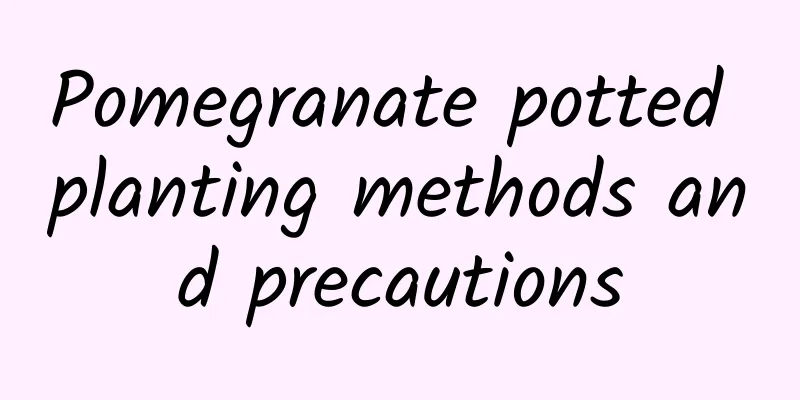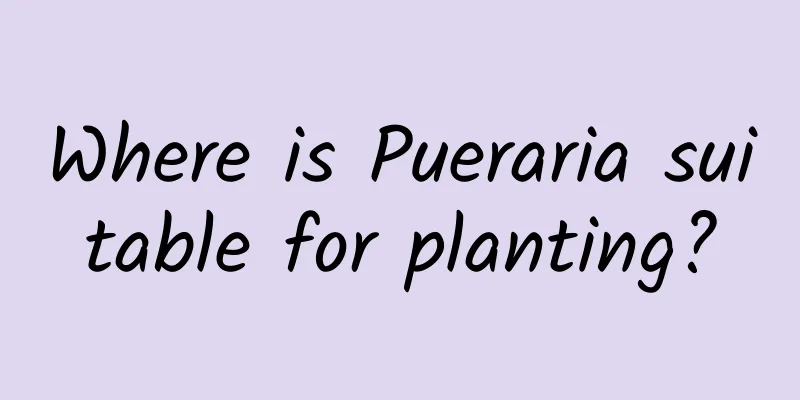How many years does star anise bear fruit?

Introduction to Star Anise PlantingStar anise prefers an environment with warm winters and cool summers and plenty of sunshine. It is suitable for planting in deep, well-drained, fertile, moist, slightly acidic sandy loam. It is not tolerant to dryness and barrenness, and is not tolerant to waterlogging. It is suitable for planting in spring and autumn. Under normal circumstances, the peak fruit-bearing period of soft-branch star anise is 60-70 years, and the peak fruit-bearing period of hard-branch star anise is 40-50 years. Star anise planting results in a few yearsAfter the star anise tree is planted, it will bear fruit in 3-4 years if properly maintained. Without reasonable maintenance, it will take 5-8 years to bear fruit. The density should be controlled during planting, with 30-45 trees per acre and 1-2 meters between the crowns of mature plants. Reasonable pruning should be carried out based on the principle of removing the inferior and retaining the superior, removing the weak and retaining the strong, and removing the dense and retaining the sparse. Potted star anise fruitAfter planting star anise, it usually takes at least 3 or 4 years for it to bloom and bear fruit. If it is not properly cared for, it may take 5-8 years to wait. Why doesn't star anise bear fruit?The reason why star anise does not bear fruit may be that it suffers from diseases and insect pests during the flowering period, and is harmed by pests such as bud maggots and beetles before flowering. If the prevention and control are not thorough, it will seriously affect the fruit setting. If the fertilizer and water management is improper, water accumulation and fertilizer damage occur, the root system will rot and affect the fruiting. In addition, if fertilizer is not applied in time, the plant will be malnourished, the flower buds will be difficult to develop, and the pistil will cause degeneration. Key points for star anise plantingStar anise should be pruned properly during its growth period. Trees with dense trees and few fruits should be pruned heavily, while trees with sparse trees should be pruned less or not at all. The inner branches at the bottom of the crown can be pruned heavily to increase light transmittance, and the branches in the middle and upper parts of the crown and on the outer edges should be pruned lightly. Diseased and insect-infested branches, overlapping branches, and old and weak branches should be pruned away to reduce nutrient loss. |
<<: Is Clematis suitable for deep or shallow pots?
Recommend
When to plant yams
1. Seeding and Planting The sowing time is not fi...
What is the best month to plant mango?
When to plant mango Mangoes are usually planted i...
How to grow lemon trees well
Lemon Tree Growing Conditions Lemon trees like wa...
How does the golden and jade tree survive the winter?
1. Move indoors It likes to grow in warm places a...
How to water cold water flowers? The correct watering method
Overview of watering cold water flowers Pileucaen...
The Flower Language and Legend of Willow
The Flower Language of Willow The pronunciation o...
What fertilizer is good for wheat base fertilizer (the best formula for wheat compound fertilizer base fertilizer)
What kind of fertilizer does wheat need? What kin...
The best time to transplant Chinese cabbage
Transplanting is quite common in cabbage cultivat...
How to plant taro in pots after it sprouts
Taro can be planted after it sprouts, and the pla...
How to care for peony flowers
Soil requirements The requirements for peony pott...
How long is the growth cycle of a banana?
Introduction to Banana Growth Bananas generally g...
Heartleaf vine cultivation method
1. Lighting Heart-leaf vine does not require a lo...
Who says growing flowers is "expensive"? Pick up these 3 things from the roadside and any flower will grow well with them!
I believe that at this time some people will ask ...
Method of hydroponic cactus
Select the parent First, choose a cactus with a s...
How to repot cold water flowers
Best time to repot The best time to repot is spri...









